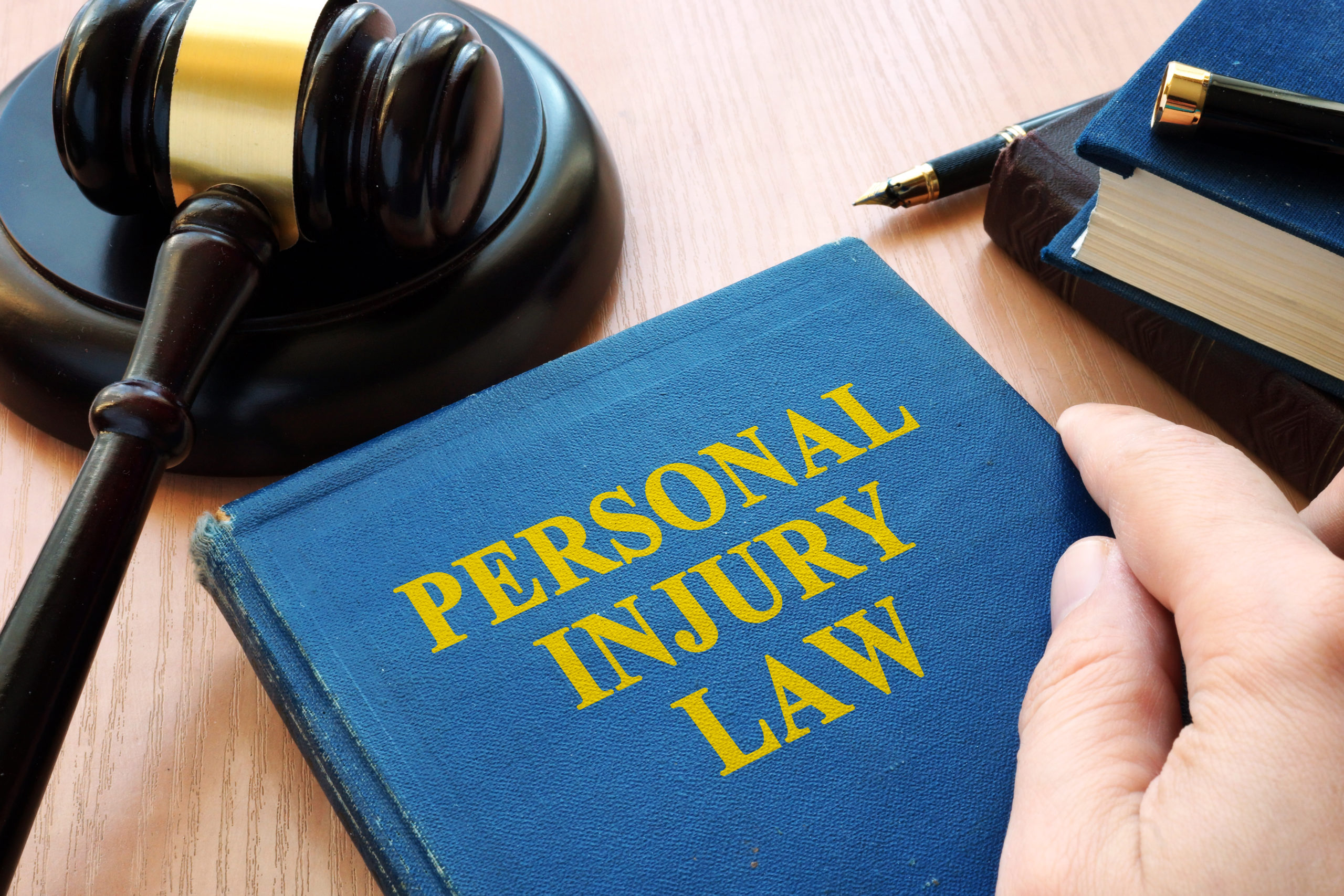In legislation approved by the Governor on July 15, 2019, the General Assembly amended section 9-20-4 of the General Laws (the Comparative Negligence statute) such that the open and obvious defense to personal injury claims can no longer act as a complete bar to recovery. Previously, when a plaintiff voluntarily exposed himself or herself to the perils of an open and obvious danger, there was no duty of care imposed on the defendant. Stated differently, a defendant had no obligation to safeguard a plaintiff against personal injuries when that plaintiff exposed themselves to an open and obvious danger. Part of the reason for this bar to recovery was that open and obvious dangers are considered so evident that “any warning would be superfluous for an ordinarily intelligent plaintiff,” and thus, it would not be reasonable to hold a defendant liable for injuries sustained by a plaintiff opting to encounter the obvious danger. See Papadopoulos v. Target Corp., 930 N.E.2d 142, 151 (Mass. 2010).
With the change of the General Laws, defendants can no longer rely on the open and obvious danger defense as a complete bar to recovery. Rather, with the placement of the amendment within the Comparative Negligence statute, it appears that the open and obvious defense should factor into the determination as to whether a plaintiff was comparatively negligent, and if so, the percentage by which any award should be reduced. For plaintiffs, this legislation is welcomed news, as more claims are likely to survive summary judgment motions and make their way to juries; the flip side is that defendants have been stripped of an available defense to dispose of claims short of trial. For further information on the new law or related legal issues, please contact Attorney Patrick J. McBurney at 401-824-5100 or email pmcburney@pldolaw.com.
Disclaimer: This blog post is for informational purposes only. This blog is not legal advice and you should not use or rely on it as such. By reading this blog or our website, no attorney-client relationship is created. We do not provide legal advice to anyone except clients of the firm who have formally engaged us in writing to do so. This blog post may be considered attorney advertising in certain jurisdictions. The jurisdictions in which we practice license lawyers in the general practice of law, but do not license or certify any lawyer as an expert or specialist in any field of practice.


